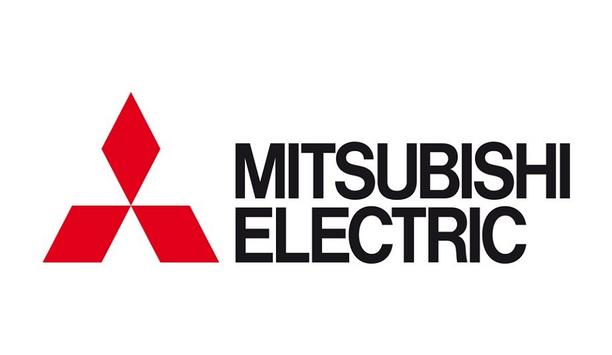With the rising energy costs and more extreme weather patterns, it's more important than ever to have an energy-efficient home.
But where do users start? Look no further than an energy audit.
What is an energy audit?
An energy audit is a comprehensive evaluation that will identify areas where energy is being wasted and provide recommendations for improvements that will have the biggest impact on the home's efficiency.
Not only will the user be able to pinpoint where the energy dollars are going, but the user also be able to develop a plan to lower the utility bills and increase the overall comfort of the home.
What to expect during an energy audit
An energy audit involves a professional energy auditor coming to the home with specialized tools
An energy audit involves a professional energy auditor coming to the home with specialized tools, such as an infrared camera, blower door, duct blaster, and smoke pen to conduct a series of tests and inspections.
Some of the things they may do include:
- Checking for air leaks and drafts.
- Examining insulation levels.
- Inspecting the heating and cooling systems.
- Evaluating the performance of appliances and lighting.
- Analyzing the energy bills.
Home energy audit report
The home energy audit report provided by the expert can be used to prioritize energy efficiency improvements in the home. Some upgrades may be done on the own and some should be done by a trained professional.
These projects could be scheduled based on the budget, and the amount of projected savings, and/or coordinated with other events such as cosmetic remodeling projects.
Blower door test
One of the key tools used in an energy audit is a blower door test. This involves fitting a powerful fan into an exterior door or window and blowing air out of the house, creating a negative pressure inside.
This negative pressure exaggerates the amount of air infiltration through leaks in the building envelope. By going room to room, using zonal pressure diagnostics, the auditor can identify where the air is leaking into the home and estimate the extent of the problem.
Making energy audits more affordable
The home energy audit tax credit offers 30% of the cost of a home energy assessment
A home energy audit can cost between $200-$700, depending on the home’s size, location, and the audit level. Thanks to the Inflation Reduction Act, there are now energy audit tax credits available to help offset the cost of a professional energy audit.
The home energy audit tax credit offers 30% of the cost for a home energy assessment, up to $150 per year. An energy auditor can also help homeowners gain access to federal, state, local, and utility programs that may help offset the costs.
Sustainable and cost-effective
An energy audit is a valuable investment for any homeowner looking to reduce their energy consumption, lower their utility bills, and improve the comfort of their home.
By identifying areas where energy is being wasted and developing a plan to improve efficiency, users can enjoy a more sustainable and cost-effective home.















